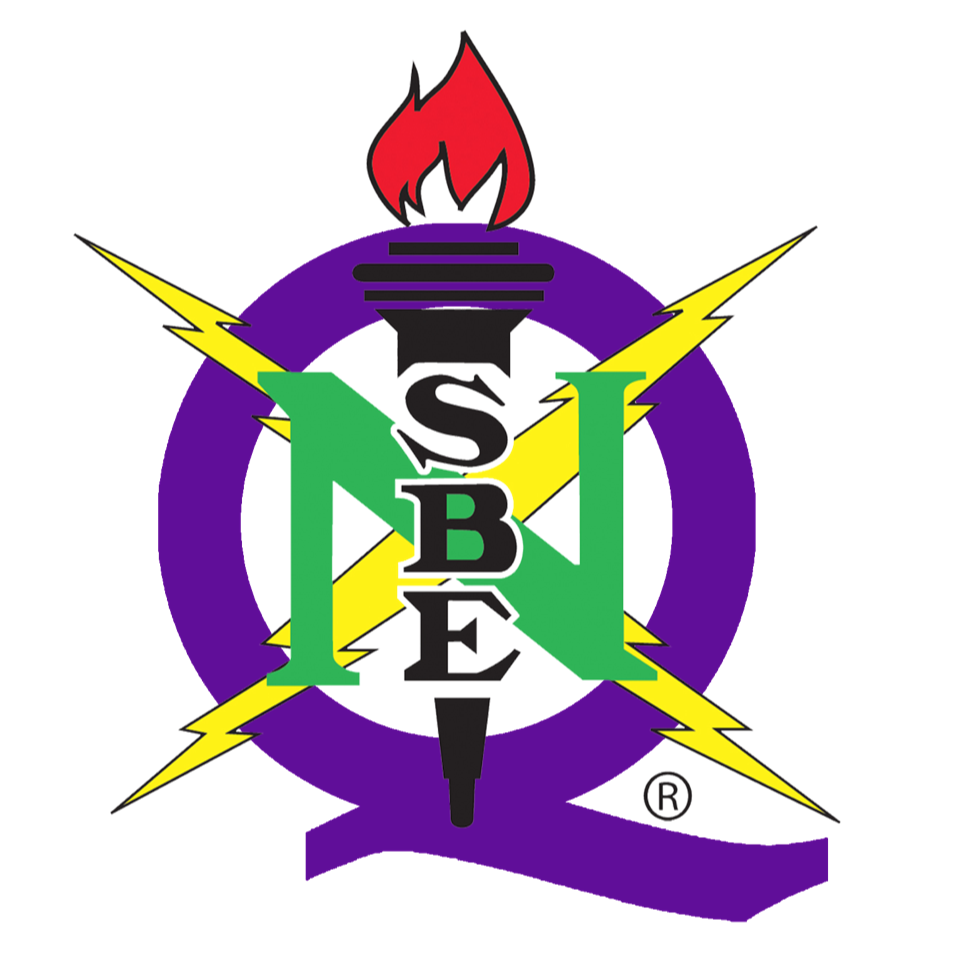Thea Rainford vividly recalls the moment she met Geneviève Norris-Roozmon. The two independently attended the same conference two years ago and, nearing its end, Norris-Roozmon approached her.
“She asked me why I chose Chemical Engineering because she didn't see anyone else that looked like her,” she said. “Not to be dramatic, but it changed my perspective on everything and changed my life a lot.”
The moment forced Rainford (Sc’20) to look back on her journey at Queen’s. She recalled her FREC during first-year orientation was a Black student and that subsequently she didn’t notice the lack of representation in the faculty until it was explicitly pointed out to her.
The realization was stark for Norris-Roozmon.
“I had a hard time deciding between Queen’s and McMaster because, when I came to tour the campus I didn't see anyone who looked like me. And the reputation that I heard about Queen’s was all of these traditions and I didn't think that those were for me. I didn't think that I would feel welcome in that I don't have any family alumni here, so it took just trusting that I was interested in the academics to make the choice to come to Queen’s."

Now in her third year in Chemical Engineering at Queen’s, Norris-Roozmon is excelling. In addition to her studies, she participated in Engineering Society activities last year, which made the process of developing its newest club a familiar experience.
The idea for a NSBE chapter began to develop around #ShutDownSTEM, a global daylong event in June of 2020 designed to identify steps to eradicate anti-Black racism in the sciences. Following an online conversation hosted by Queen’s Engineering with Black students and alumni, work began to create the new Queen’s chapter of NSBE, the National Society of Black Engineers.
The established mission of NSBE, an organization founded in the United States in 1975, is to increase the number of culturally responsible Black Engineers who excel academically, succeed professionally and positively impact the community. It hosts an annual conference, and provides networking opportunities for students, professionals, and industry who all work to increase representation and visibility for this underrepresented population.
“We have the Queen’s Black Academic Society and the Queen’s Black Premedical Association,” said Norris-Roozmon. “There are groups that provide community for Black-identifying Queen’s students, but there was nothing that addressed that intersectionality of being Black and an engineer, going through those unique academic rigours.”
Given the underrepresentation of Black students across the entire campus, as well as in the industry at large, organizers were met with a catch-22 in the development of this student club. Queen’s Engineering leadership has discussed in the past the creation of a NSBE chapter, but struggled to identify enough students to make it operational. According to Rainford, regarding last year’s formation, “it was really through personal connections that we were able to get the necessary number of people to start the club.”
Still, not interested to lose momentum around its creation, the team was able to put everything in place before the Fall 2020 term began.
“It was really important to get our mentorship program started in August and get first years connected with upper years to welcome them to Queen’s, especially not being on campus,” said Norris-Roozmon. “The benefit of being under NSBE is we’re in contact with other chapters, particularly in Canada. We're all relatively small groups, even the ones at University of Toronto and McGill, which have been around for over 20 years, so we can benefit from their initiatives, especially now that everything's on Zoom. We can all work together and share initiatives.”
Connect with Queen's NSBE on Instagram, Facebook, via email, and the website.